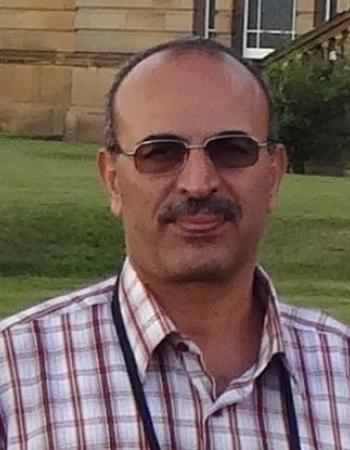Camel whey protein hydrolysate diet mitigates alkaline stress–induced biochemical disorders and restores the target of rapamycin, MAPK pathway, and autophagy-related gene expression in Nile tilapia
Oreochromis niloticus · Oxidative stress · Liver enzymes · Protein hydrolysate · Gene expression
Exposure to alkaline stress is common in aquatic practices. The present research investigated
the detrimental impacts of rearing Nile tilapia under alkaline water stress by investigating
the liver function indices and transcriptomic profile. A 30-day study was conducted
on 160 fish (16.02 ± 0.14 g) split into four groups, each with four replicates. Group 1 (G1)
and G2 were fed on a basal diet fortified with 0 and 75 g/kg diet camel whey protein hydrolysates
(CWP) and reared in freshwater (carbonate alkalinity = 1.4 mmol/L, pH = 7.19).
Moreover, G3 and G4 were fed on a basal diet enriched with 0 and 75 g/kg diet CWP and
reared in alkaline water (carbonate alkalinity = 23.8 mmol/L; pH = 8.65). The outcomes
revealed elevated lipid indices (triglycerides, cholesterol, low- and high-density lipoproteins)
and liver enzymes (alanine and aspartate aminotransferase, alkaline phosphatase,
and gamma-glutamyltransferase) with lowered protein indices (total protein, albumin, and
globulin) in alkaline-reared fish. Moreover, oxidative stress was initiated through lowered
antioxidant enzymes (superoxide dismutase, catalase, and reduced glutathione) and higher
malondialdehyde in the alkaline-exposed fish. Alkaline stress induced the activation of the
mechanistic target of rapamycin and MAPK pathway (mitogen-activated protein kinase,
c-Jun NH terminal kinase, and MAPK-1) with down-regulation of the autophagy-related
genes (ATG-5, ATG-7, and ATG-13) and cathepsin B expression. Feeding on a CWP-supplemented
diet resulted in significant modulation of the lipid profile, liver enzyme activity,
and improvement in protein indices and antioxidant enzyme activity. Furthermore, modulation
of the transcriptomic profile of the hepatic tissue of the alkaline-exposed fish was
noticed due to feeding on a CWP-supplemented diet. Overall, CWP dietary addition at a
level of 75 g/kg diet can alleviate the alkaline stress exposure in Nile tilapia. These outcomes
could contribute to understanding the physiological circumstances of Nile tilapia
when reared in alkaline water as well as provide a novel dietary additive for mitigating the
bad consequences due to alkaline-stress exposure.

Heat stress (HS) is a significant environmental factor that leads to substantial financial losses in the rabbit industry. In the present study, betalains and organic selenium (Ose) were used as …

Background Candida albicans infection induces economic losses in aquaculture practices. Currently, the success of
the nanotechnology field has gained more consideration in the aquaculture…

The potential use of feed supplements as immune-stimulant and growth-promoting agents in fish diets has drawn
much attention. The current research investigated the effects of feeding Nile…

